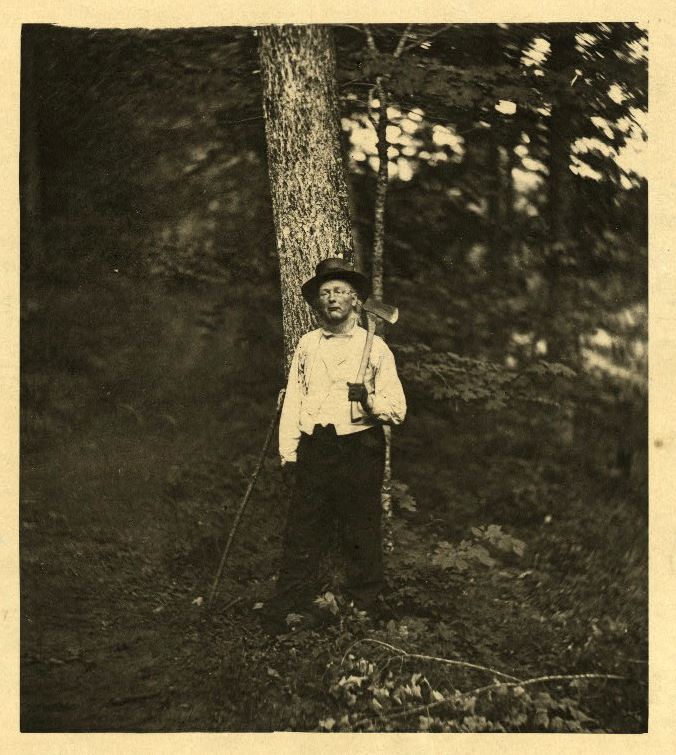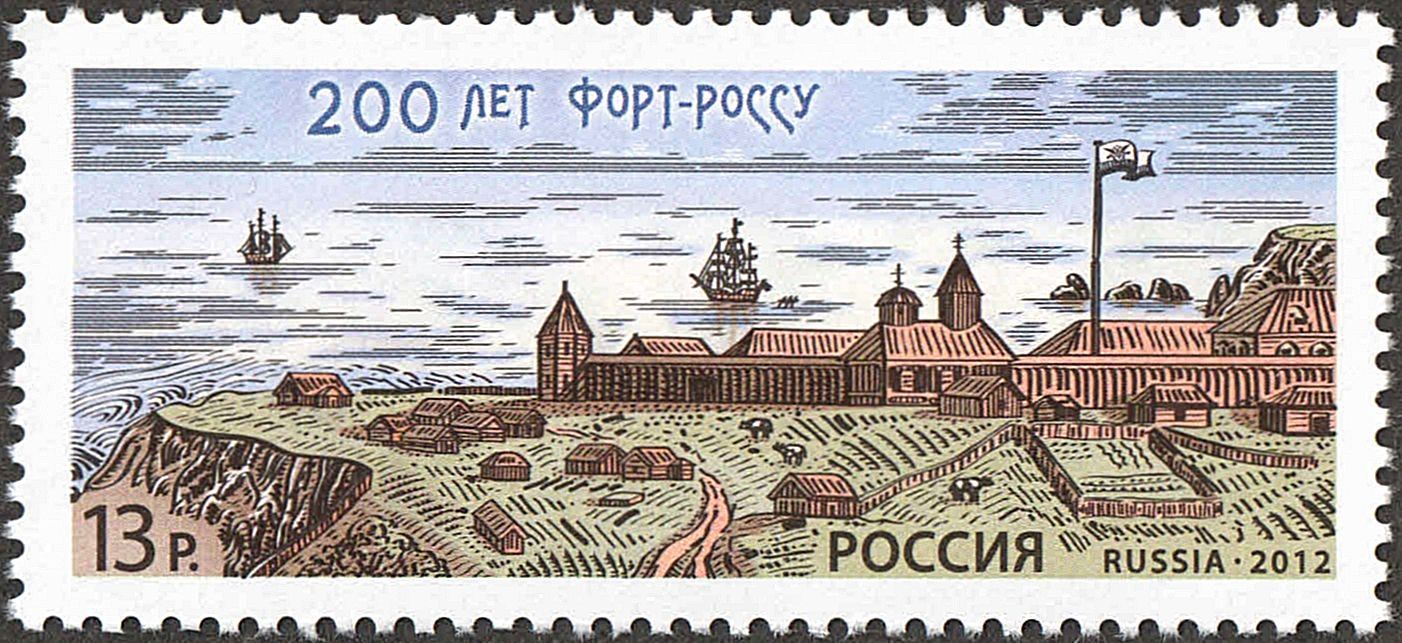
Newspaper history is full of myths, “viral” stories, and tall tales. Folklore and journalism are often close cousins, especially the colorful “yellow journalism” that sold outright lies to rake in subscriptions. In the annals of Hoosier and American journalism, one persistent, tantalizing tale continues to baffle the sleuths at the Oxford Dictionary of Quotations.
Who wrote the famous slogan “Go west, young man, and grow up with the country”? It’s one of the great catch phrases of Manifest Destiny, an exhortation that echoes deep in the soul of Americans long after the closing of the frontier. But when you try to pin down where it came from, it’s suddenly like holding a fistful of water (slight variation on Clint Eastwood theme) or uncovering the genesis of an ancient religious text — especially since nobody has ever found the exact phrase in the writings of either of the men who might have authored it.
Continue reading “Go West, Young Man”: The Mystery Behind the Famous Phrase



